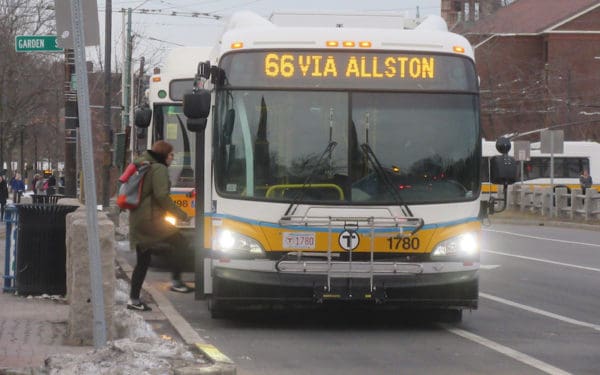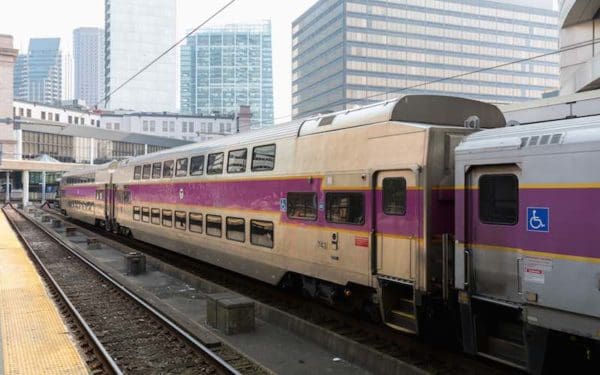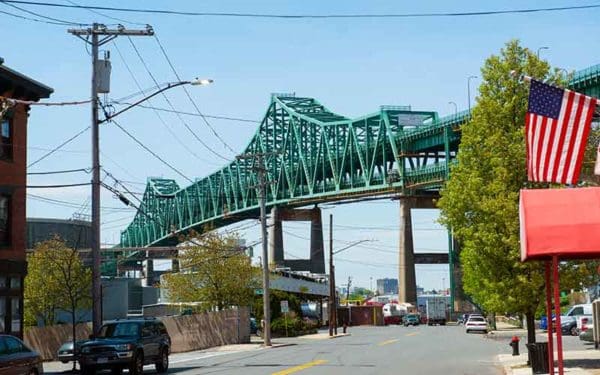Sep 29, 2021
“After a lengthy debate over the future of this project, today’s announcement is a major step in the right direction,” said Staci Rubin, Vice President of Environmental Justice at CLF. “In choosing this design, officials have the potential to unlock commuter rail, bike, and bus access to communities sorely lacking convenient transit options. As this process moves forward, state officials must commit to minimizing environmental impacts, and CLF will be involved to make sure that happens.”
Sep 17, 2021
As we continue to reckon with systemic racism in the United States, we must root out the quiet and insidious ways governments and decision-makers sustain racist policies.
Aug 20, 2021
In late July, Governor Baker signed a law that establishes a new, permanent board to oversee the MBTA. This is a huge win for communities and riders who depend on the T to get where they need to go, and it has the potential to lead to much-needed changes within the transit system.
Jul 30, 2021
Governor Charlie Baker has implemented a new permanent oversight board for the MBTA. The board will focus on the transit issues plaguing communities in eastern Massachusetts, and will be required to consider environmental justice issues.
Jul 21, 2021
“The era of kicking the can down the road at the MBTA is over,” said Staci Rubin, Vice President of Environmental Justice at CLF. “People in nearly 200 communities depend on the T to get where they need to go, and it’s time we get a reliable, affordable system that works for everyone. This bill will make sure that the oversight board understands the issues plaguing the MBTA and has the vision to create a better system for everyone.”
Apr 24, 2021
Over 40% of New England’s climate-damaging emissions billow from the exhaust pipes of our cars, trucks, semis, buses, and trains. We cannot solve climate change without cutting that pollution. And in the process, we have a unique opportunity to reimagine our region’s transportation systems as ones that are both affordable and accessible to everyone.
Jan 06, 2021
“Transportation is an essential service and it’s about time our leaders treat it like one,” said Staci Rubin, Senior Attorney at CLF. “Funding these transformational projects and decriminalizing fare evasion will have a profound impact on communities that depend on public transit every day. Riders of color have been disproportionately targeted with criminal fare evasion charges for decades, and this welcome change is long overdue.”
Dec 14, 2020
“Slashing these critical services will be catastrophic for communities that depend on public transit,” said Staci Rubin, Senior Attorney at CLF. “It’s senseless to cut services that essential workers depend on each day while COVID continues to rage. These cuts are not as bad as originally proposed, but they will nevertheless upend the lives of thousands of people, set the state back in reaching our climate goals, and hinder economic recovery after the pandemic.”
Dec 12, 2020
“People who depend on the bus are constantly delayed as the Tobin is inundated with single-occupancy cars. This new lane will slash those travel times benefiting Chelsea residents and workers,” Staci Rubin, an attorney at the foundation, said in a statement Friday.






